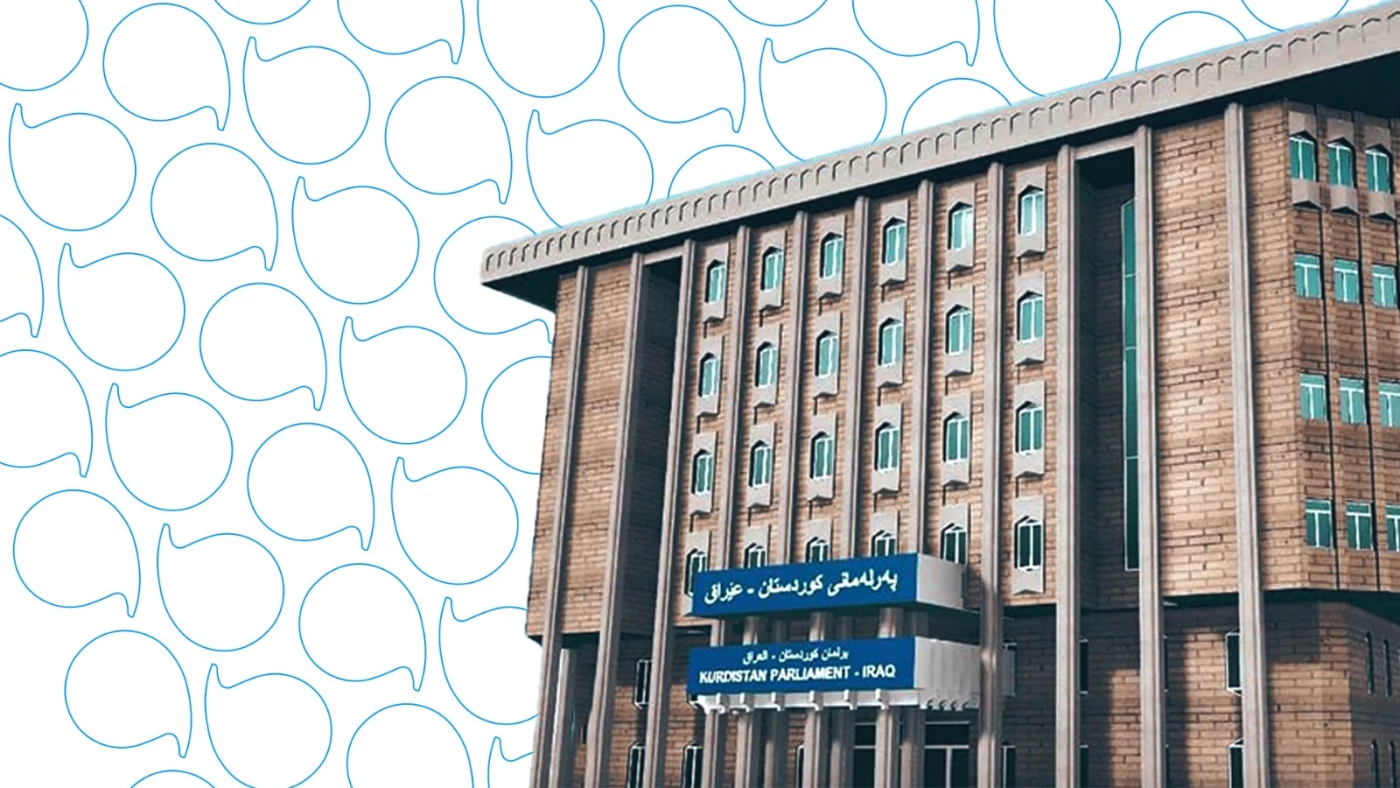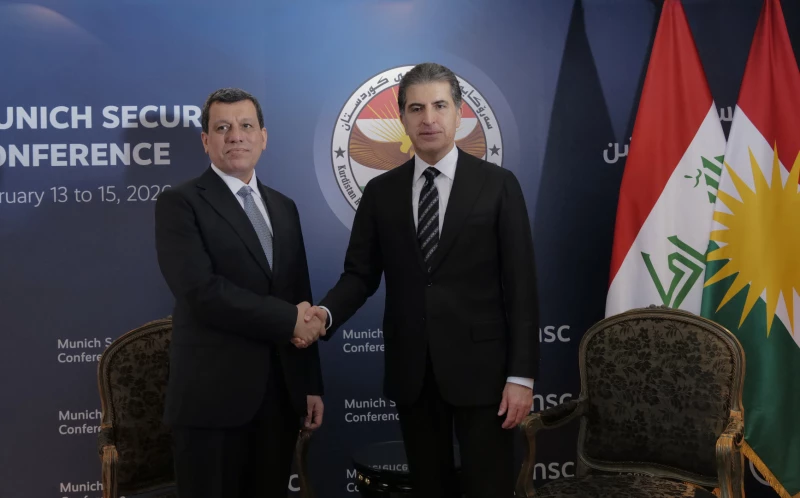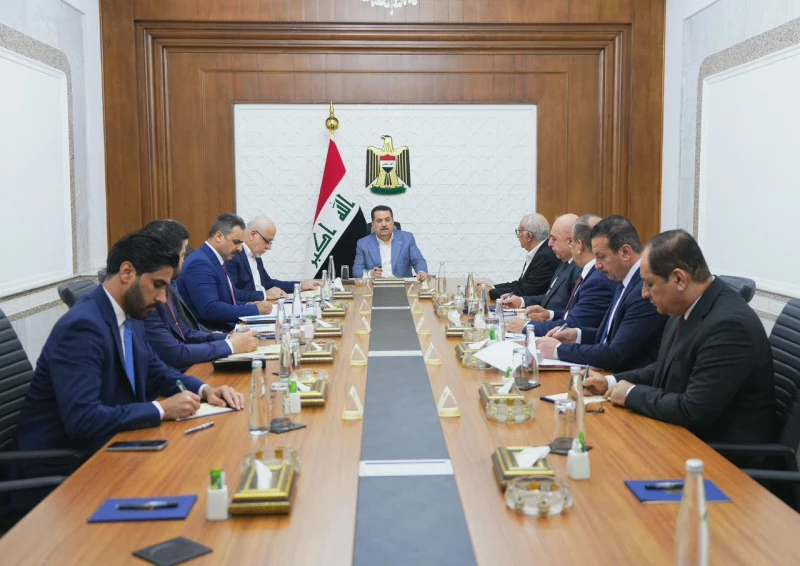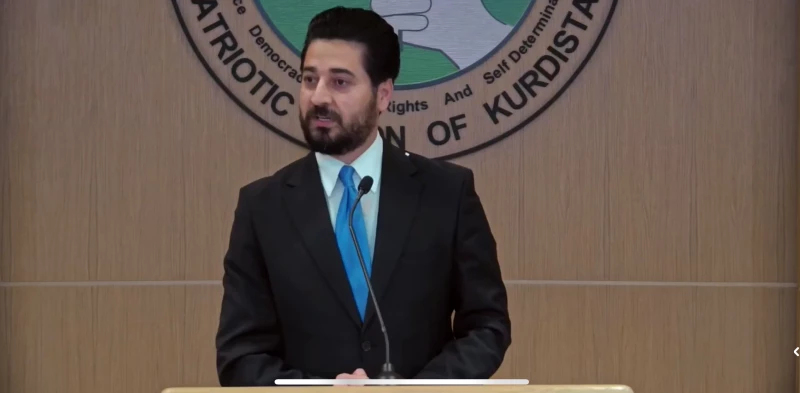ERBIL, Kurdistan Region of Iraq - The Kurdistan Region parliament is set to hold its first session on Monday, December 2, the Region’s Presidency announced on Tuesday, over a month after elections were held.
“We have communicated with the political parties to arrange the first parliamentary session,” Kurdistan Region Presidency spokesperson Dilshad Shahab told reporters on Tuesday.
Shahab added that Kurdistan Region President Nechirvan Barzani has officially called on all political parties to hold the first parliamentary session on December 2, nearly a month and half after elections were held.
The Iraqi Independent High Electoral Commission (IHEC) on Sunday approved the final results of the Kurdistan Region’s October 20 parliamentary elections after reviewing and rejecting all the appeals that had been submitted by candidates and political parties.
During the first session of the parliament, the newly-elected lawmakers must appoint a speaker of the parliament through a majority vote.
After the new speaker and MPs take the legal oath, the term of the president comes to an end and a 30-day window will open for candidates to apply for the presidency, who will be elected with a two-thirds vote of the parliament.
Once the elected president is sworn in, they will then assign the head of the largest bloc to form the council of ministers within 15 days.
In the October 20 election, which was held after a two-year delay, the KDP emerged as the clear victor, scoring over 400,000 votes more than its nearest competitor, the Patriotic Union of Kurdistan (PUK).
The KDP emerged as the largest bloc in the parliament after grabbing 39 seats, followed by the PUK’s 23 in the second place.
The third place went to the New Generation with 15 seats, followed by the Kurdistan Islamic Union (KIU) with seven seats, the Halwest (Stance) Movement with four seats, the Kurdistan Justice Group with three seats, the People’s Front with two seats, the Change Movement (Gorran) and the Kurdistan Coalition each grabbed one seat.
Some parties who denounced the election results and alleged vote rigging and manipulation, have already announced their opposition, including the KIU, Komal, and Halwest Movement. The New Generation’s stance, however, has remained ambiguous.



 Facebook
Facebook
 LinkedIn
LinkedIn
 Telegram
Telegram
 X
X


